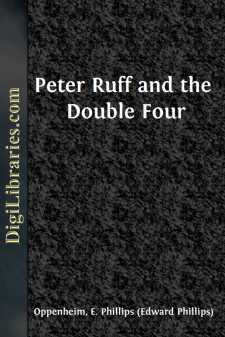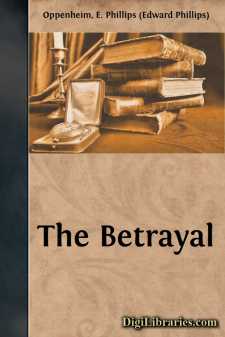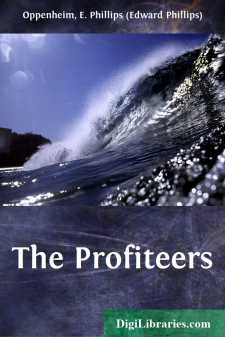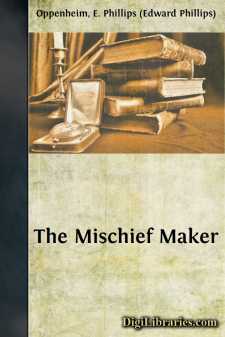Categories
- Antiques & Collectibles 13
- Architecture 36
- Art 48
- Bibles 22
- Biography & Autobiography 813
- Body, Mind & Spirit 141
- Business & Economics 28
- Children's Books 12
- Children's Fiction 9
- Computers 4
- Cooking 94
- Crafts & Hobbies 4
- Drama 346
- Education 46
- Family & Relationships 57
- Fiction 11826
- Games 19
- Gardening 17
- Health & Fitness 34
- History 1377
- House & Home 1
- Humor 147
- Juvenile Fiction 1873
- Juvenile Nonfiction 202
- Language Arts & Disciplines 88
- Law 16
- Literary Collections 686
- Literary Criticism 179
- Mathematics 13
- Medical 41
- Music 40
- Nature 179
- Non-Classifiable 1768
- Performing Arts 7
- Periodicals 1453
- Philosophy 64
- Photography 2
- Poetry 896
- Political Science 203
- Psychology 42
- Reference 154
- Religion 513
- Science 126
- Self-Help 83
- Social Science 81
- Sports & Recreation 34
- Study Aids 3
- Technology & Engineering 59
- Transportation 23
- Travel 463
- True Crime 29
Peter Ruff and the Double Four
Categories:
Description:
Excerpt
CHAPTER I. INTRODUCING MR. PETER RUFF
There was nothing about the supper party on that particular Sunday evening in November at Daisy Villa, Green Street, Streatham, which seemed to indicate in any way that one of the most interesting careers connected with the world history of crime was to owe its very existence to the disaster which befell that little gathering. The villa was the residence and also—to his credit—the unmortgaged property of Mr. David Barnes, a struggling but fairly prosperous coal merchant of excellent character, some means, and Methodist proclivities. His habit of sitting without his coat when carving, although deprecated by his wife and daughter on account of the genteel aspirations of the latter, was a not unusual one in the neighbourhood; and coupled with the proximity of a cold joint of beef, his seat at the head of the table, and a carving knife and fork grasped in his hands, established clearly the fact of his position in the household, which a somewhat weak physiognomy might otherwise have led the casual observer to doubt. Opposite him, at the other end of the table, sat his wife, Mrs. Barnes, a somewhat voluminous lady with a high colour, a black satin frock, and many ornaments. On her left the son of the house, eighteen years old, of moderate stature, somewhat pimply, with the fashion of the moment reflected in his pink tie with white spots, drawn through a gold ring, and curving outwards to seek obscurity underneath a dazzling waistcoat. A white tube-rose in his buttonhole might have been intended as a sort of compliment to the occasion, or an indication of his intention to take a walk after supper in the fashionable purlieus of the neighbourhood. Facing him sat his sister—a fluffy-haired, blue-eyed young lady, pretty in her way, but chiefly noticeable for a peculiar sort of self-consciousness blended with self-satisfaction, and possessed only at a certain period in their lives by young ladies of her age. It was almost the air of the cat in whose interior reposes the missing canary, except that in this instance the canary obviously existed in the person of the young man who sat at her side, introduced formally to the household for the first time. That young man's name was—at the moment—Mr. Spencer Fitzgerald.
It seems idle to attempt any description of a person who, in the past, had secured a certain amount of fame under a varying personality; and who, in the future, was to become more than ever notorious under a far less aristocratic pseudonym than that by which he was at present known to the inhabitants of Daisy Villa. There are photographs of him in New York and Paris, St. Petersburg and Chicago, Vienna and Cape Town, but there are no two pictures which present to the casual observer the slightest likeness to one another. To allude to him by the name under which he had won some part, at least, of the affections of Miss Maud Barnes, Mr. Spencer Fitzgerald, as he sat there, a suitor on probation for her hand, was a young man of modest and genteel appearance....












